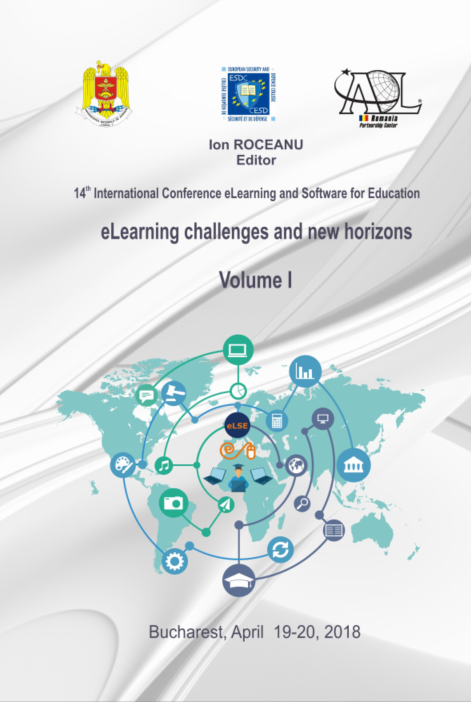To Allow or not to Allow Mobile Phones in the University Class?! – a Plea for Educated (Relative) Permissiveness
To Allow or not to Allow Mobile Phones in the University Class?! – a Plea for Educated (Relative) Permissiveness
Author(s): Yolanda-Mirela CatellySubject(s): Social Sciences, Education
Published by: Carol I National Defence University Publishing House
Keywords: mobile phone use in class; mobile phone as a learning tool; enhancing mobile phone uses; educated permissiveness; change of mentality;
Summary/Abstract: The general background against which this study is proposed refers to the controversial issue of allowing or not students to have or use mobile telephones in class, with quite numerous voices claiming that it is detrimental to the education quality, and rather few members of the educational profession pleading in favour of it - certainly with sound arguments, such as: ensuring its use for learning purposes only, and even (re)designing teaching materials to include/encourage such functions. Therefore, given the fact that the context taken into account for the proposed research project is that of tertiary engineering students learning to become Computer Science specialists, with over 95% of them in possession of flagship phones and having the skills to make full use of such equipment, the aim of the paper is a multiple one, viz. to: (i) localize the worldwide debate on the degree of permissiveness vs interdiction as to mobile phone use in class, (ii) take stock of both students’ and teachers’ views in the described context – (iii) alongside with a hidden agenda of pleading in favour of an educated, i.e. psycho-pedagogically well justified manner, change of mentality and attitude in both categories of actors within the instructional process, as far as mobile phone uses are concerned in and/or outside the classroom. A critical review of major viewpoints on the advantages and disadvantages of allowing students to have/use mobile phones in class, as well as the diachronic perspective of the teachers’ openness in this respect have created the starting point in investigating the current situation in the author’s educational context. Hence, the approach proposed here hypothesizes that, by getting both students and teachers to answer research instruments such as questionnaires, interviews and focus groups, reflection on the topic is stimulated and, consequently, a change (even if minor) in the degree of the instructors’ educated purposeful permissiveness is encouraged. Similarly, increased awareness of the real benefits of mobile phones used in class mainly for study purposes can contribute to the students’ diminishing of their non-educational uses of this almost indispensable device. Data collected are presented and discussed; they tend to point out to the need for an educated change of mentality in this respect.
Journal: Conference proceedings of »eLearning and Software for Education« (eLSE)
- Issue Year: 14/2018
- Issue No: 01
- Page Range: 71-78
- Page Count: 8
- Language: English

